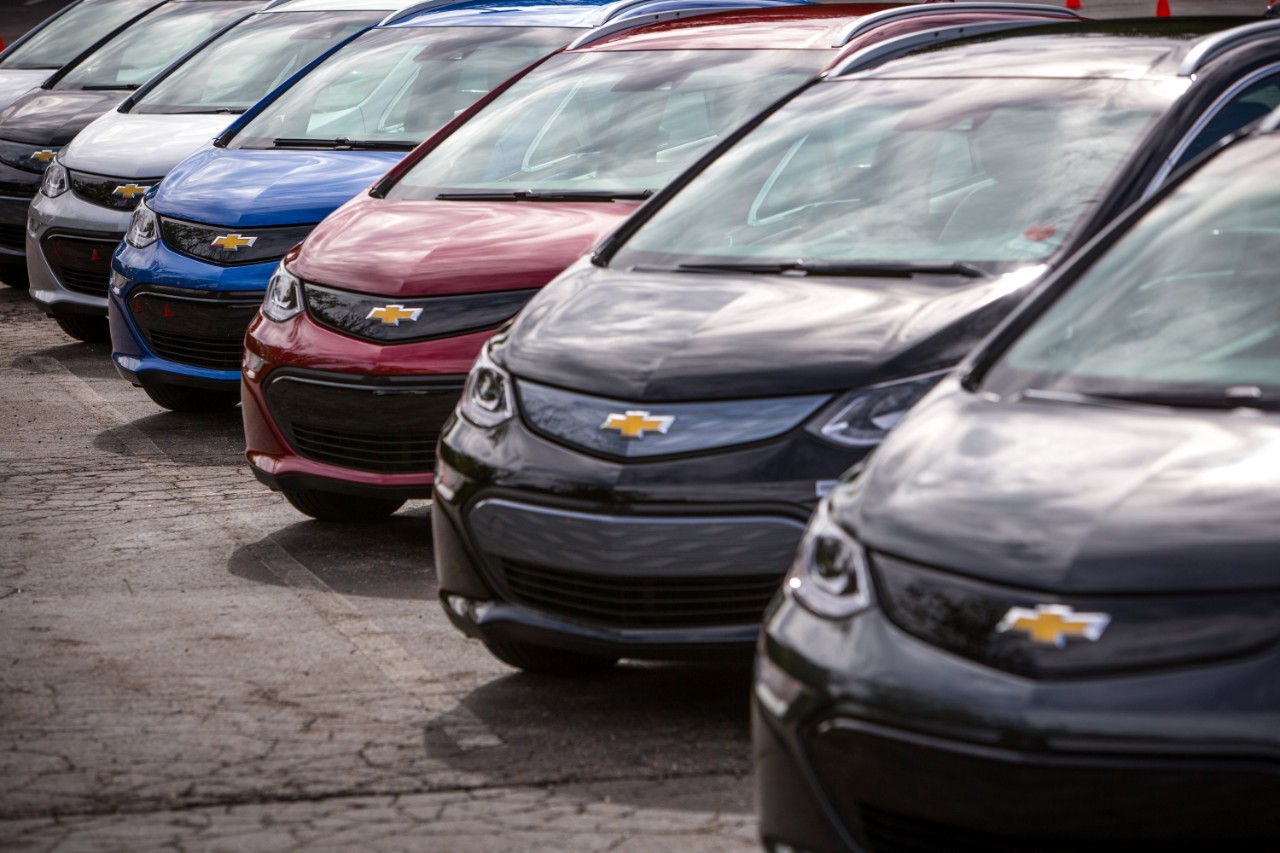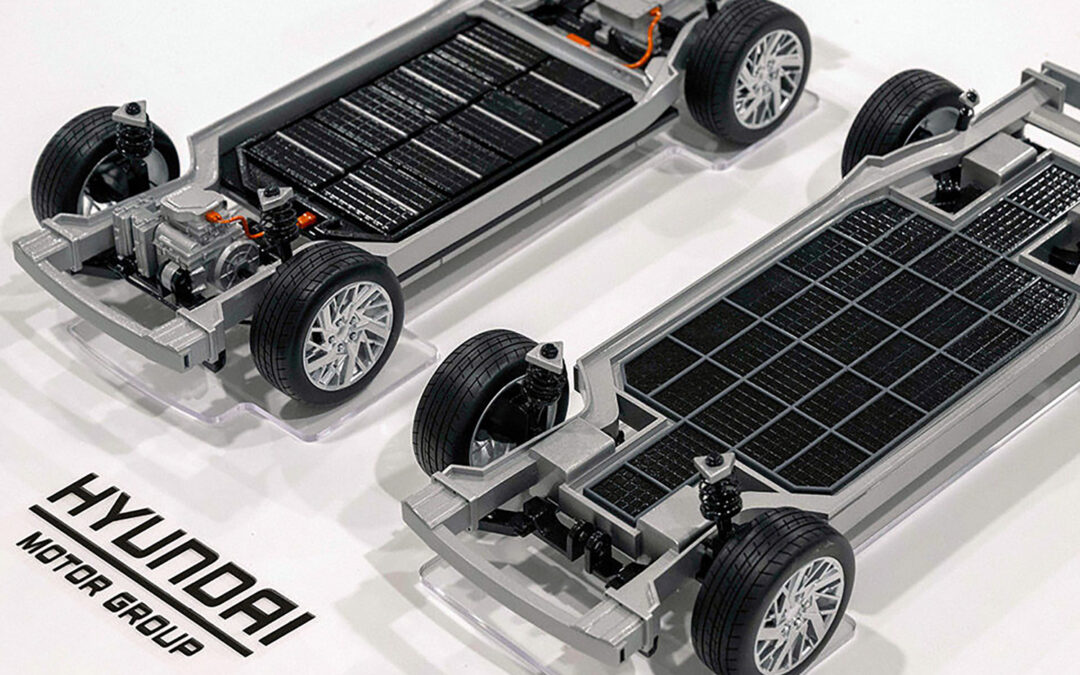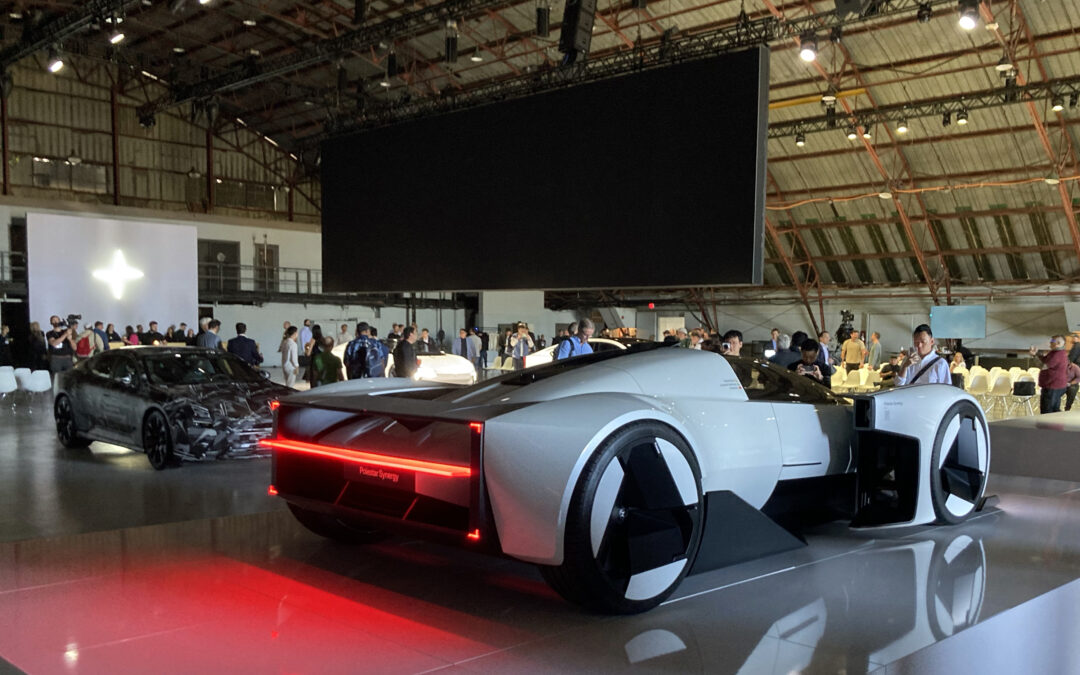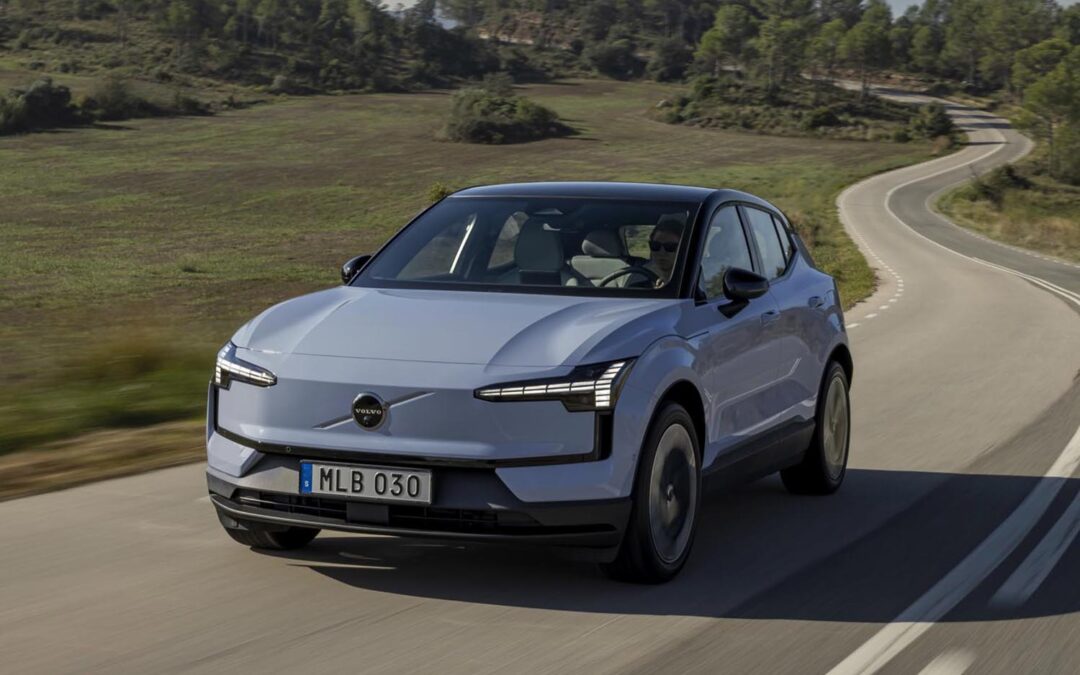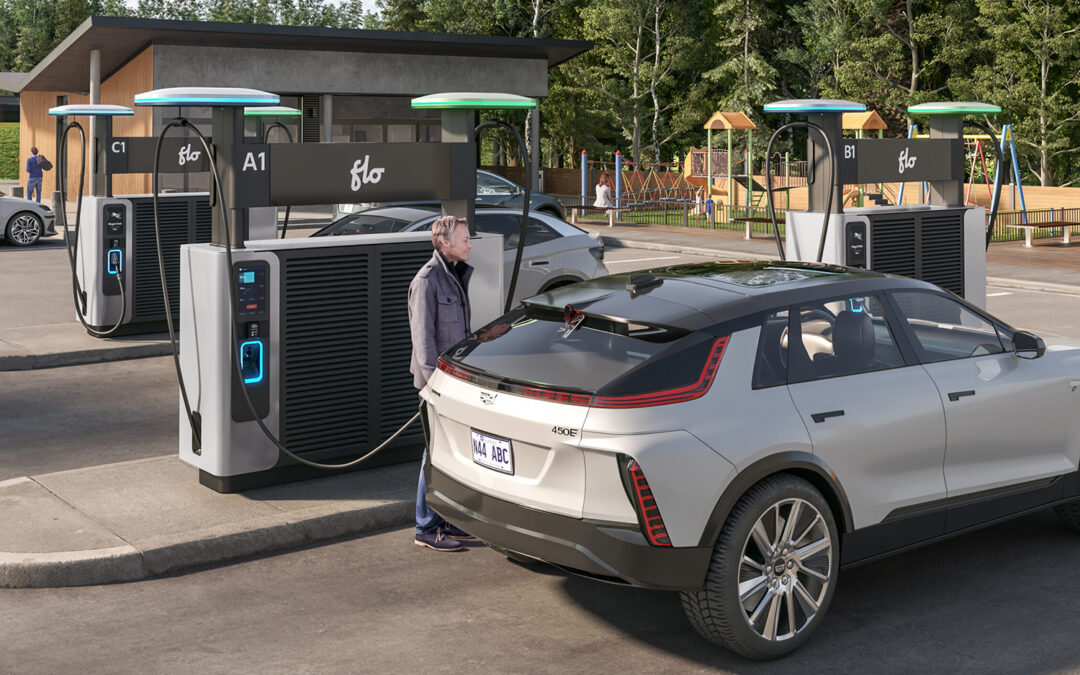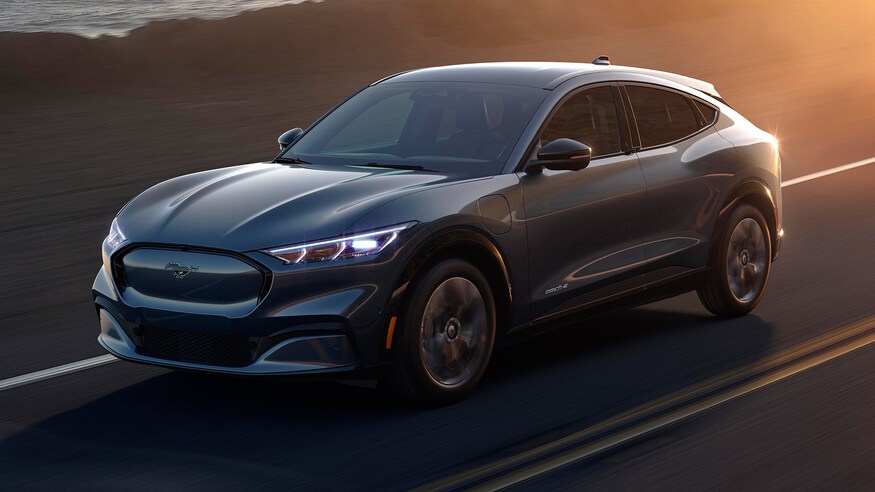Statistics Canada released data on new vehicle registrations for the fourth quarter of 2021, and although there is a significant uptick in the registration of EVs, they aren’t yet on pace to hit federal targets.
According to the data, electrified vehicle sales grew almost 60 per cent last year; throughout 2021, 86,000 battery-electric and plug-in hybrids were sold, accounting for 5.2 per cent of new registrations. This is the first time EVs have hit this threshold, with EVs only accounting for 3.5 per cent of total vehicle registrations in 2020.
Just five years ago, EVs made up fewer than one in 100 new cars sold, so it’s hard to deny the momentum of the EV segment. However, Environment Minister Steven Guilbeault intends to mandate that by 2026 electric vehicles make up one in five new passenger vehicles sold. Moreover, by 2035, the federal government wants all new vehicles sold to be EVs.
“Switching to an electric vehicle is one of the most impactful things Canadians can do to help fight climate change,” Guilbeault said in a statement to The Canadian Press.
With this in mind, Guilbeault is developing a national sales quota system that will impose penalties on dealerships or car companies that don’t sell enough electric vehicles. Unfortunately, based on the current trajectory, EVs will only make up approximately 15 to 16 per cent of new registrations by the end of 2026. Quebec implemented sales quotas for electric vehicles in 2018, with British Columbia following in 2020.
To speed up EV adoption, Guilbeault says the government is “investing heavily” to help the Canadian auto industry transform, as well as funding more charging stations and expanding the federal rebate program for electric vehicles. Since the rebates first came into effect in May 2019, more than 141,000 vehicles have reportedly qualified for up to $5,000 off the purchase price. As of March 31, $611 million was invested into rebate programs, and another $1.7 billion will be added to these programs to keep them running.
